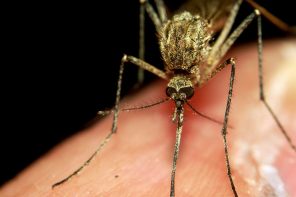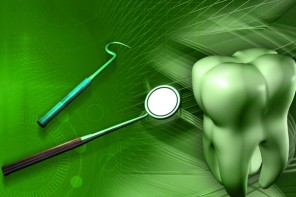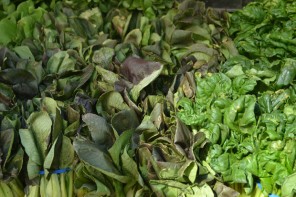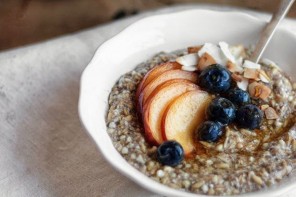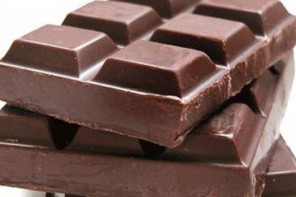Written by: Giulia Simolo
“An apple a day keeps the fat away!” With the attention greener eating habits have been achieving lately, it was only a matter of time before eco-friendly diets would become a trend. But what exactly is the eco-friendly diet and can it really be beneficial to weight loss? Read on to find out if greening your dinner table could also help narrow your hips.
Maybe you never had weight loss in mind when you decided that you wanted your lifestyle to be more eco-friendly than it used to be. Or maybe you were hoping that eating healthier would have the combined effect of making you feel good but also look your best. Well, you’re in luck. The benefits of greener eating habits are diverse: you do your bit to help the environment, you ensure that what you’re putting into your body is not harmful to you, and yes, an organic diet can help you shed some kilos along the way, too.
Squeeze out the nutrients
One of the problems many dieters face is that they wind up cutting out nutrients along with certain foods, thus compromising their health. The benefit of a more eco-friendly dietary lifestyle is that organic foods, such as fruits and vegetables, have more beneficial nutrients than their non-organic counterparts. For instance, a study showed that organic oranges which were half the size of traditionally grown oranges were packed with more nutrients. According to the U.S. Department of Agriculture (USDA), data compilation from over the last 70 years reveals there has been a large decline in the levels of minerals that are found in conventionally grown produce, meat and dairy. When fruits and vegetables are not compromised by pesticides, they are at their healthiest. Organically produced goods have more nutrients, so they also make you feel fuller for longer, give you more energy and of course, lead to less disease.
Concentrate on your plate
You might be eating all the right foodstuffs, but did you know that how you eat plays a big role in your health and weight loss? If you’re eating standing up, shovelling food into your mouth because you’ve got to rush to start your day, or eating mindlessly while you watch a program on TV or check your emails, you’re not allowing your body the chance to process the food. If you’re going to eat healthier, cut out negative eating patterns such as eating in front of the TV, gobbling a snack when you’re in a rush (which usually includes a ‘quick-fix’ unhealthy foodstuff), not concentrating on your food or not enjoying the experience. If you’re not mindful of what you eat you also run the risk of not feeling full, with the result that you’ll be reaching for more food.
Go vegetarian
Did you know that leading a vegetarian lifestyle means that you lower your risk of cholesterol and you also enable more weight loss? But if you don’t think that you can completely cut meat and/or dairy from your diet, why not try becoming a flexitarian? This means that you are more flexible with your diet without obliterating the foods you enjoy, such as meat or dairy products. An example would be eating vegetarian foods most days but then occasionally consuming meat and dairy. Just by cutting back on your meat consumption you are helping the animals and lowering your unhealthy eating habits.
Bring more raw foods into your diet
Cooking foods removes their healthy enzymes, so although you might feel that you’re eating healthy, you’re missing out on vitamins. Introducing more raw foods into your diet, such as beans, seeds, nuts, fruits and vegetables, lowers the amount of energy you when cooking foods and means that you gain more nutritional value from your meals. You also skip unhealthy cooking methods such as frying, which is a no-no when it concerns both health and dieting. Raw foods prevent cholesterol and conditions such as cancer and heart diabetes. They usually also come in less packaging, which is much better for the environment too.
What’s the catch?
Most diets that become a trend have pros and cons attached to them. You might not think going organic to lose weight and lead a healthier lifestyle poses any negatives, but you could be wrong. One of the issues concerning organic food is that it’s sometimes a bit more expensive than non-organic alternatives. But what’s important to bear in mind is that what you pay now for your organic food is money well spent because it’s working towards keeping you and your family healthy in the short and long term. It’s an investment in your future and weight-loss!
The liveeco team

